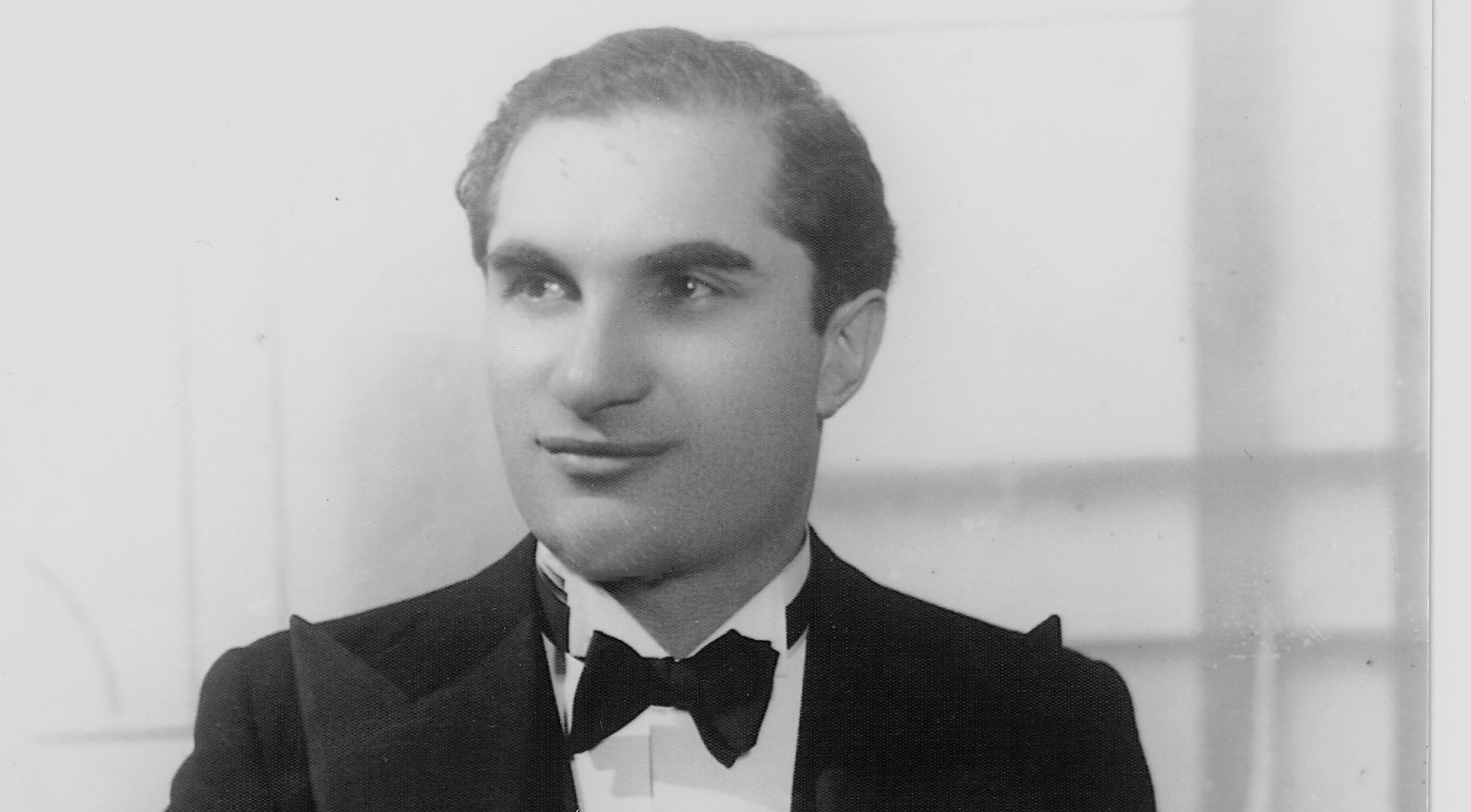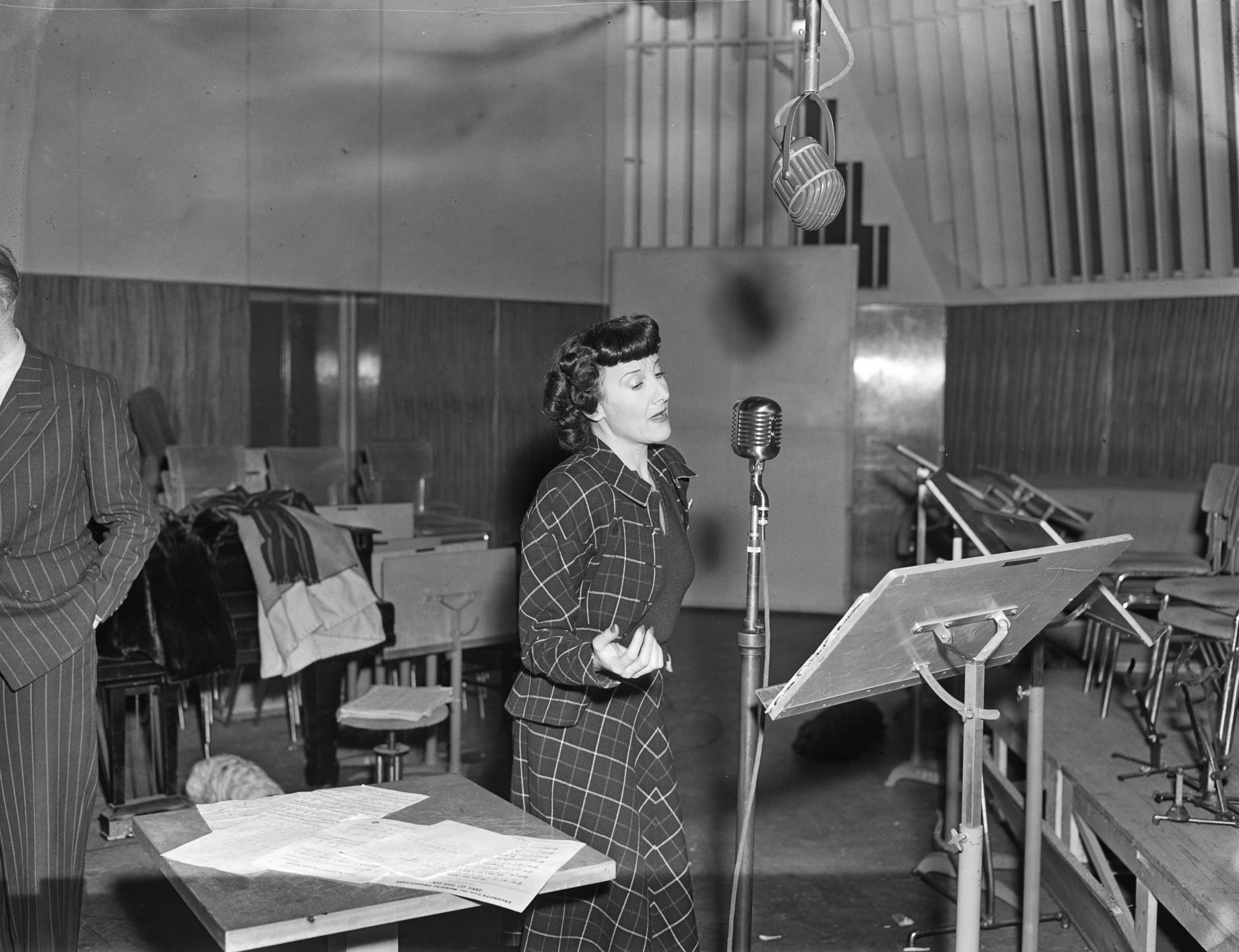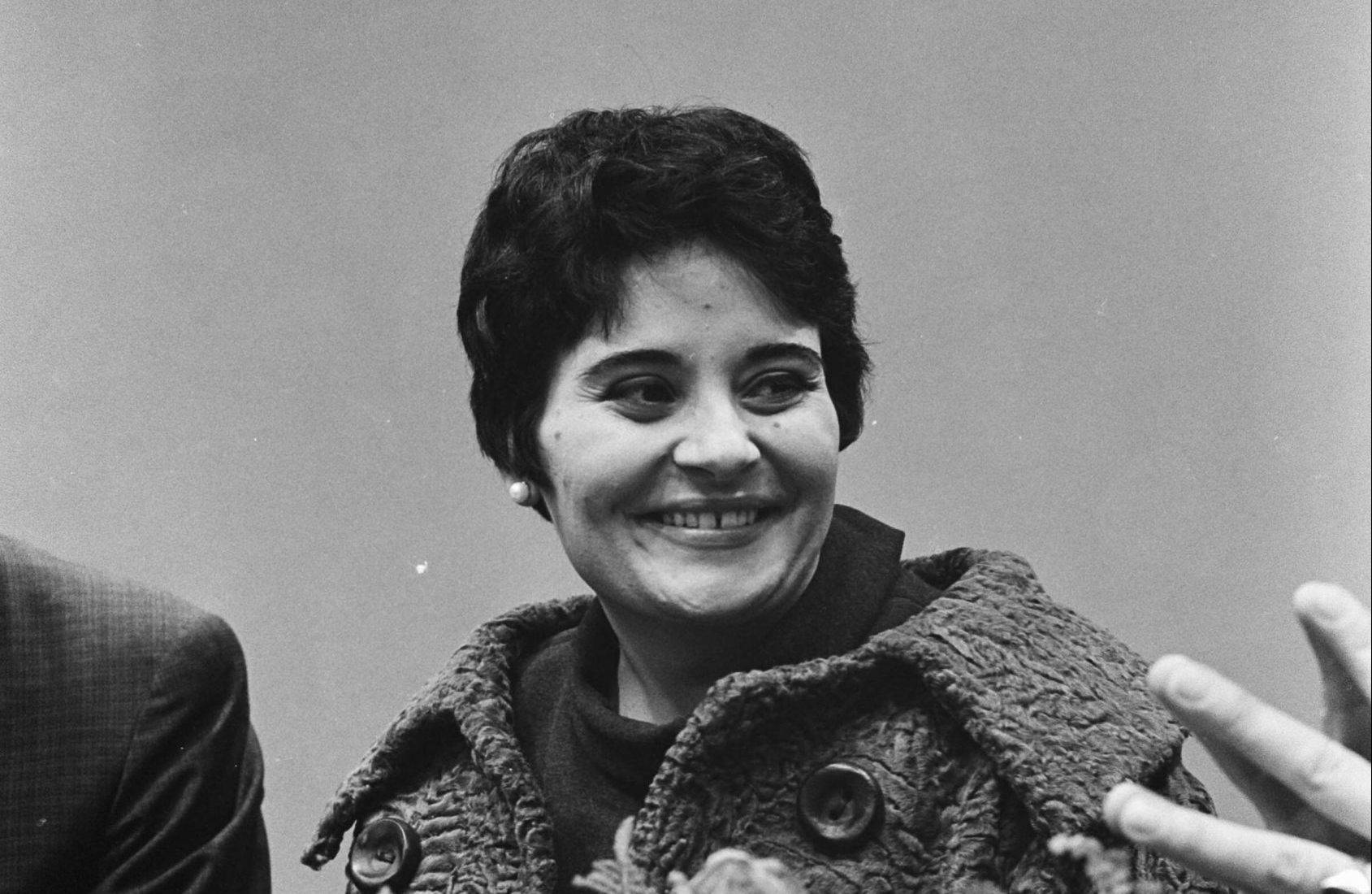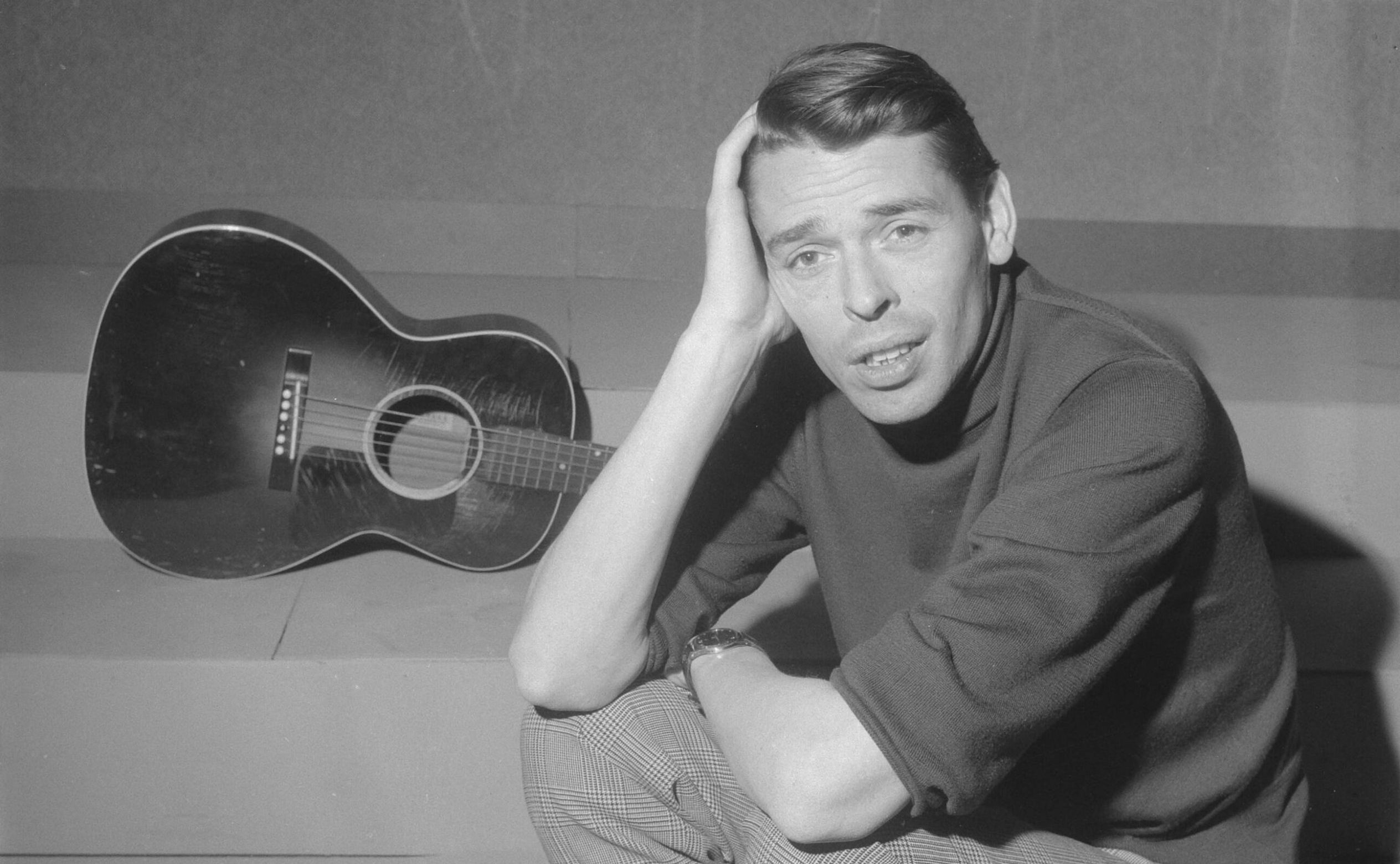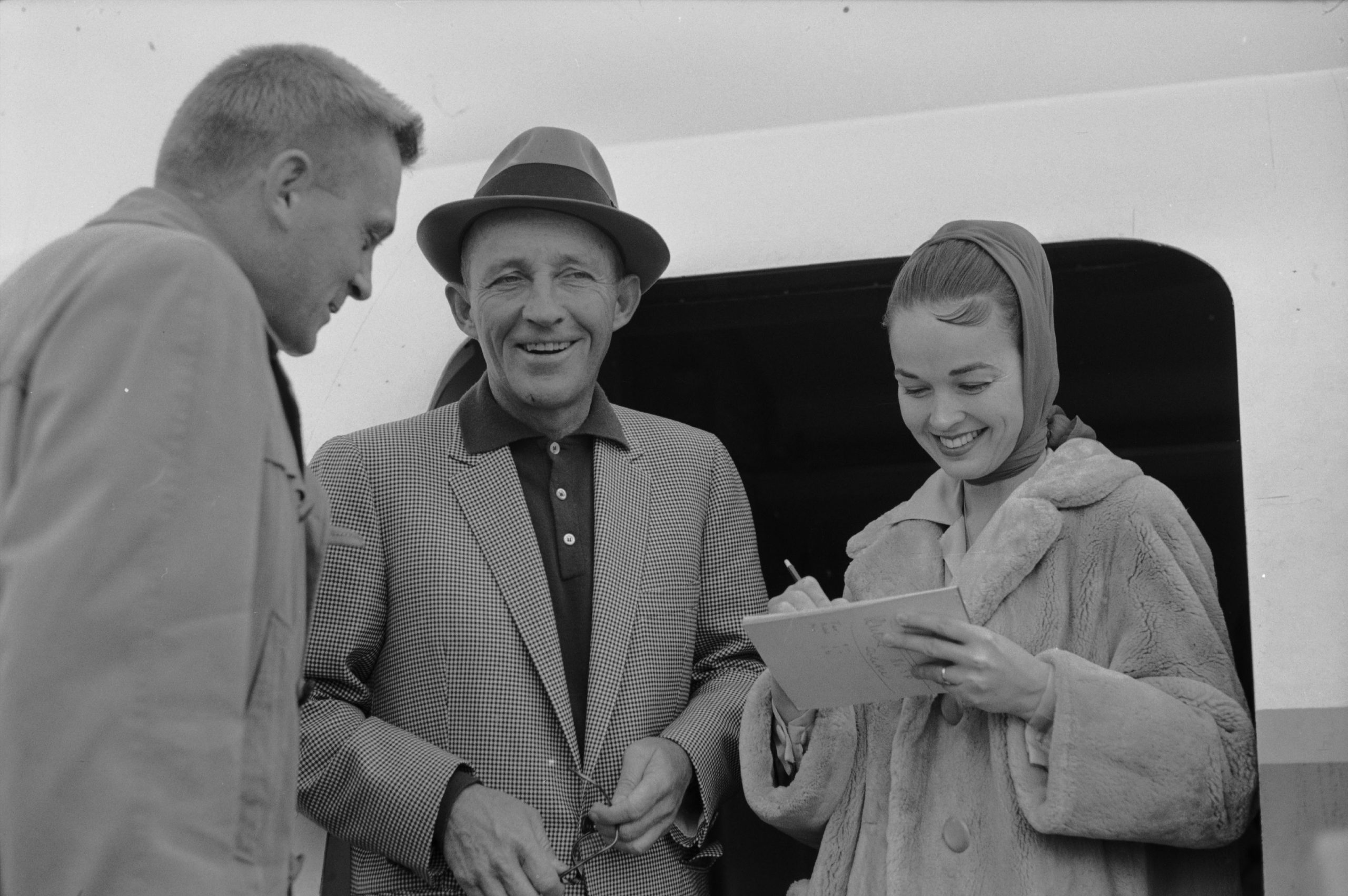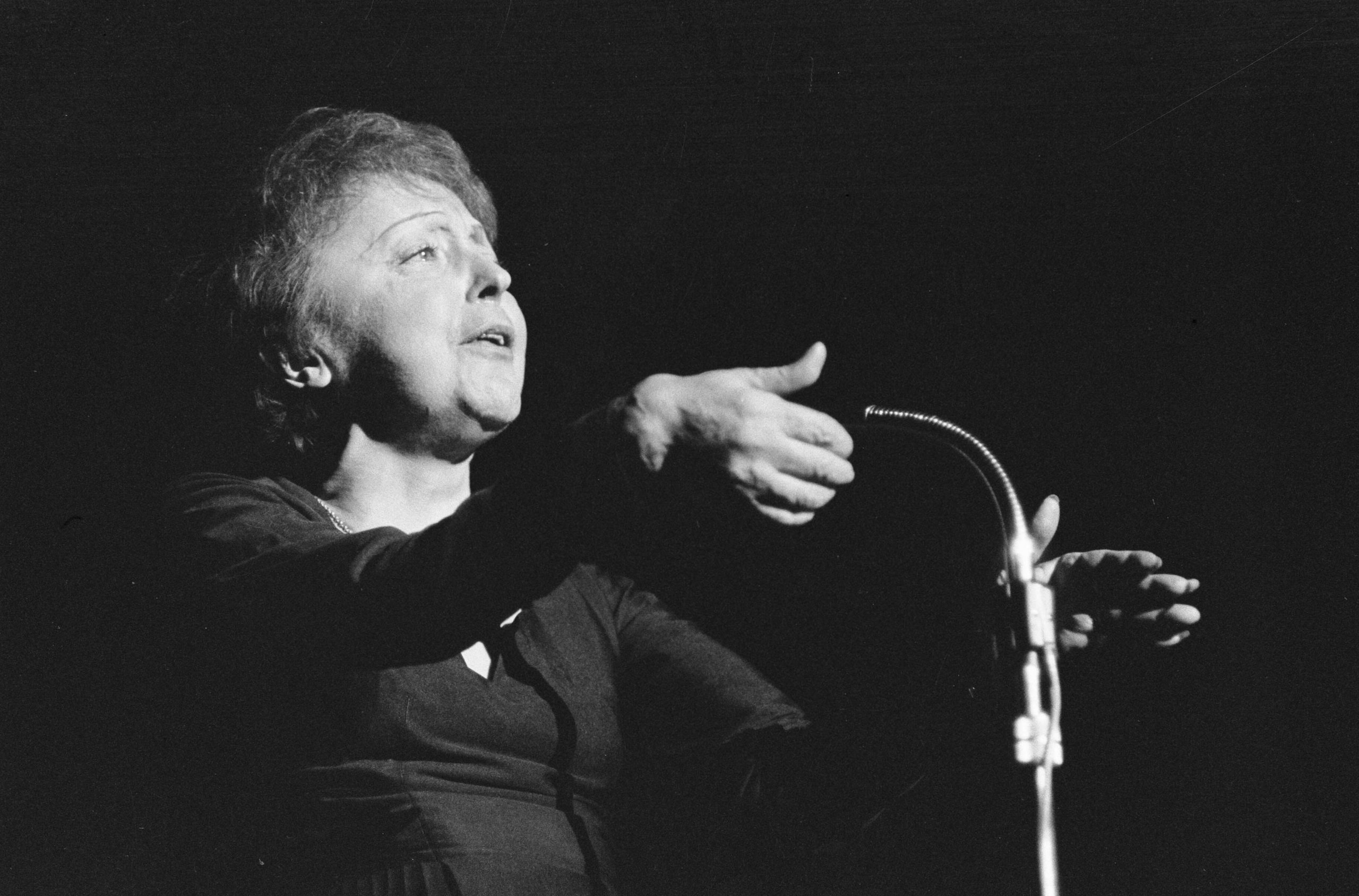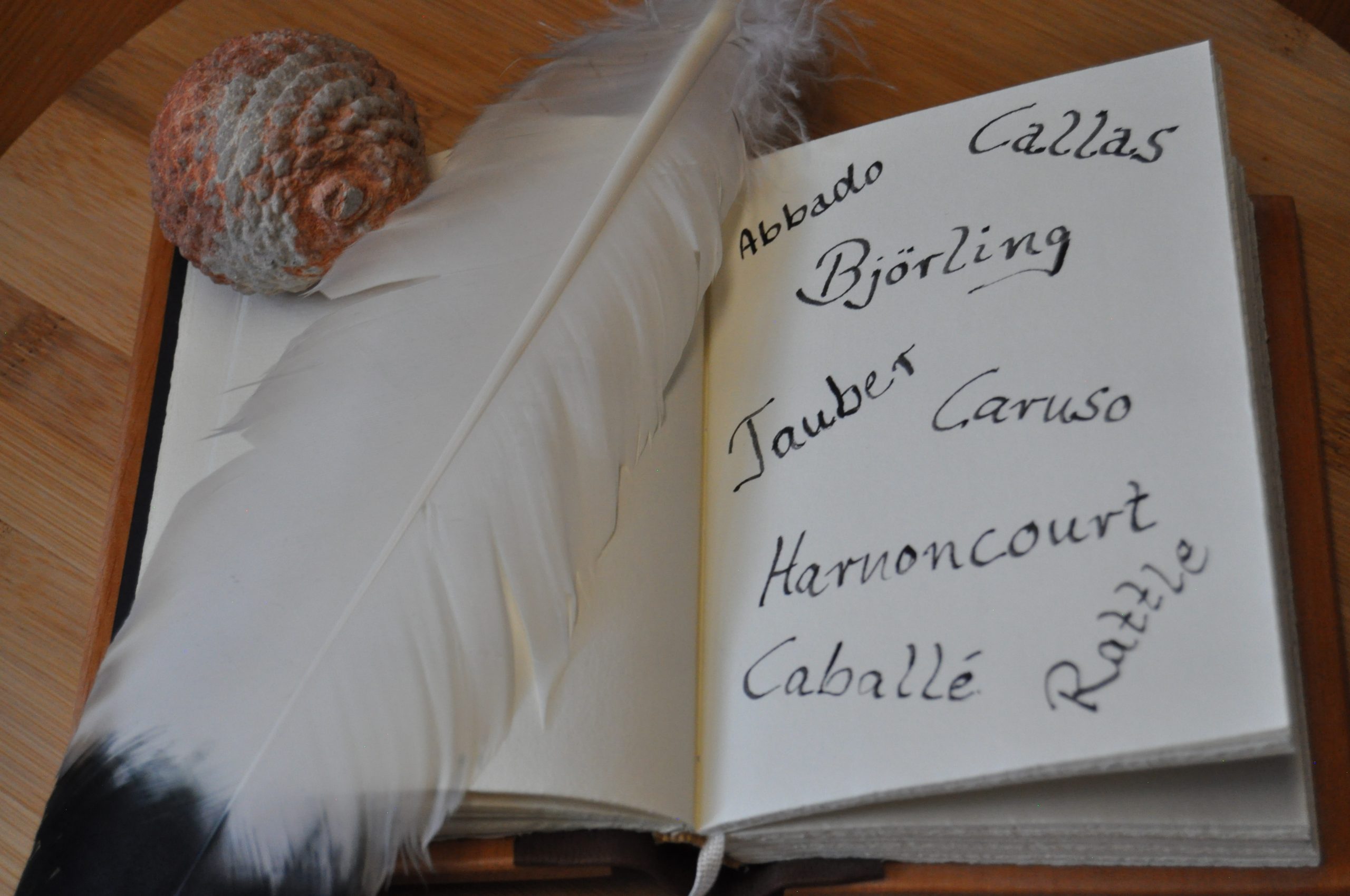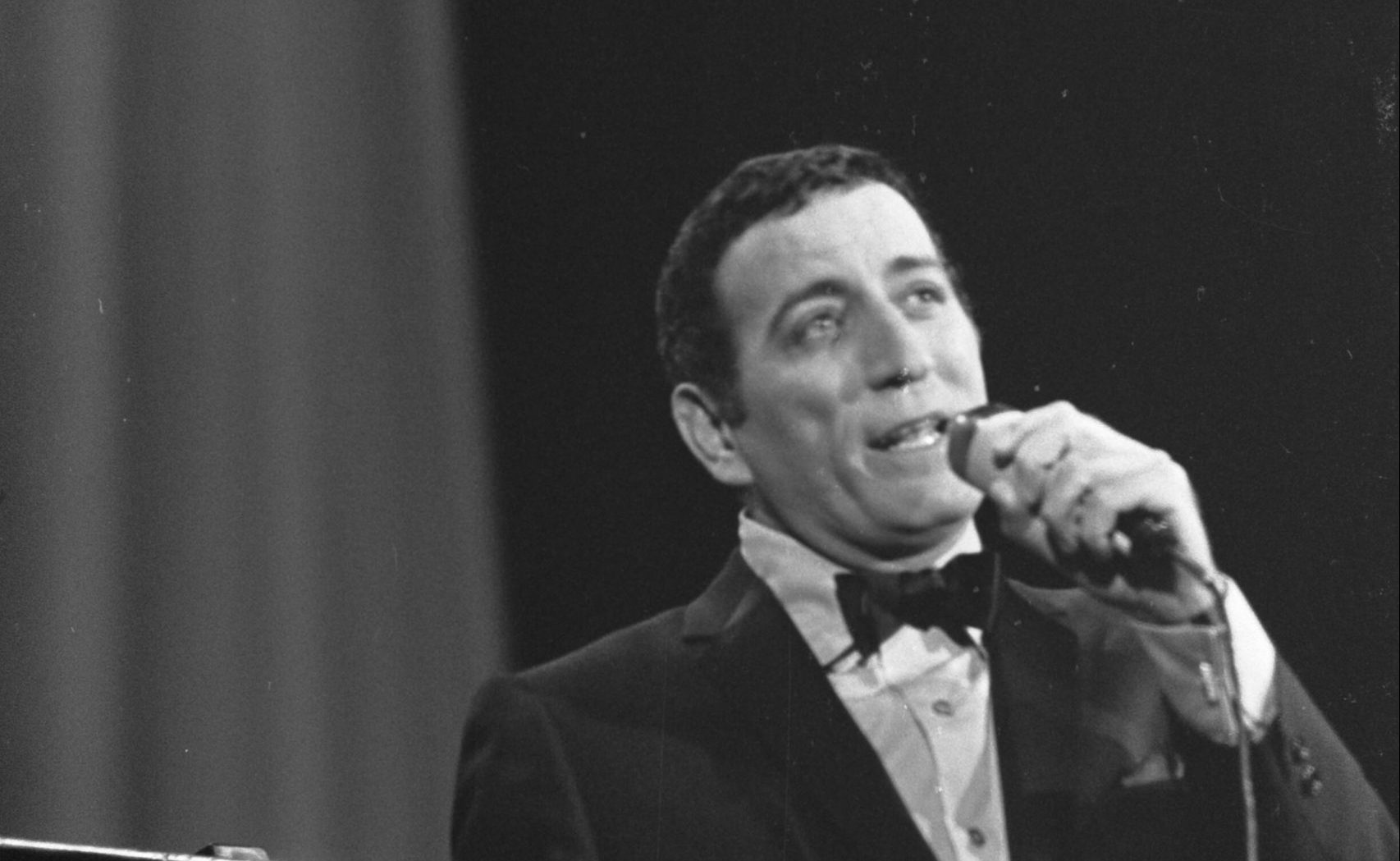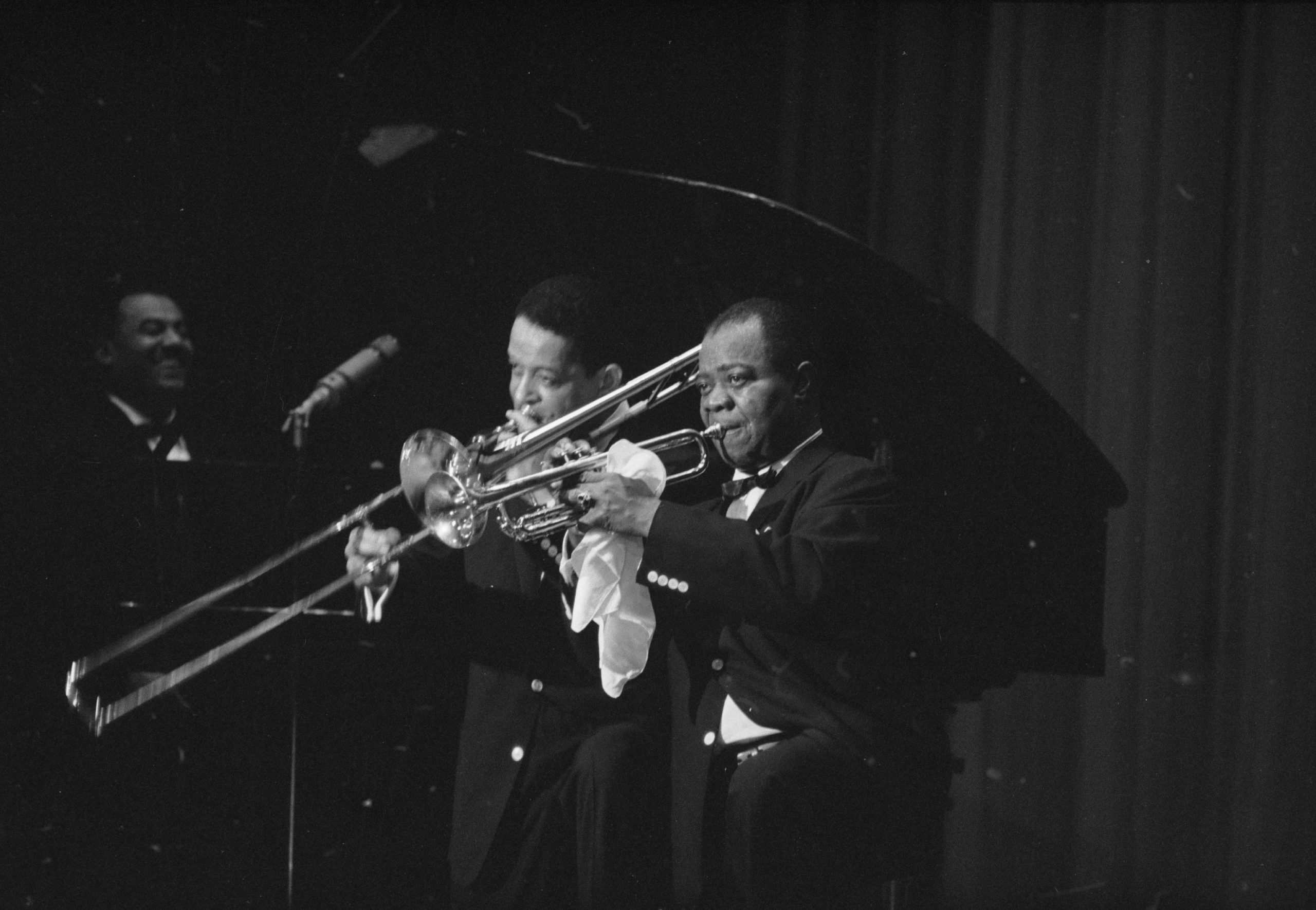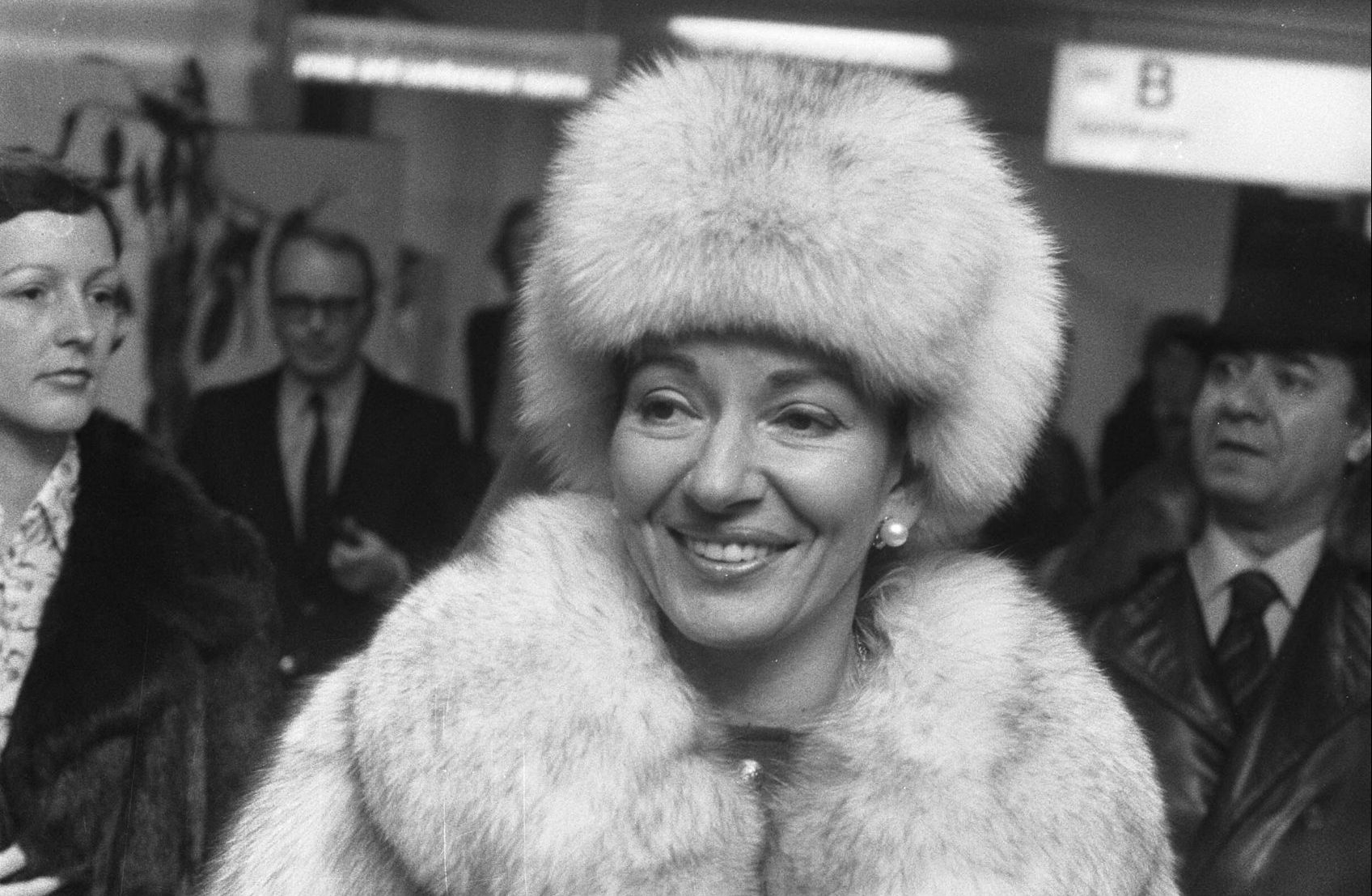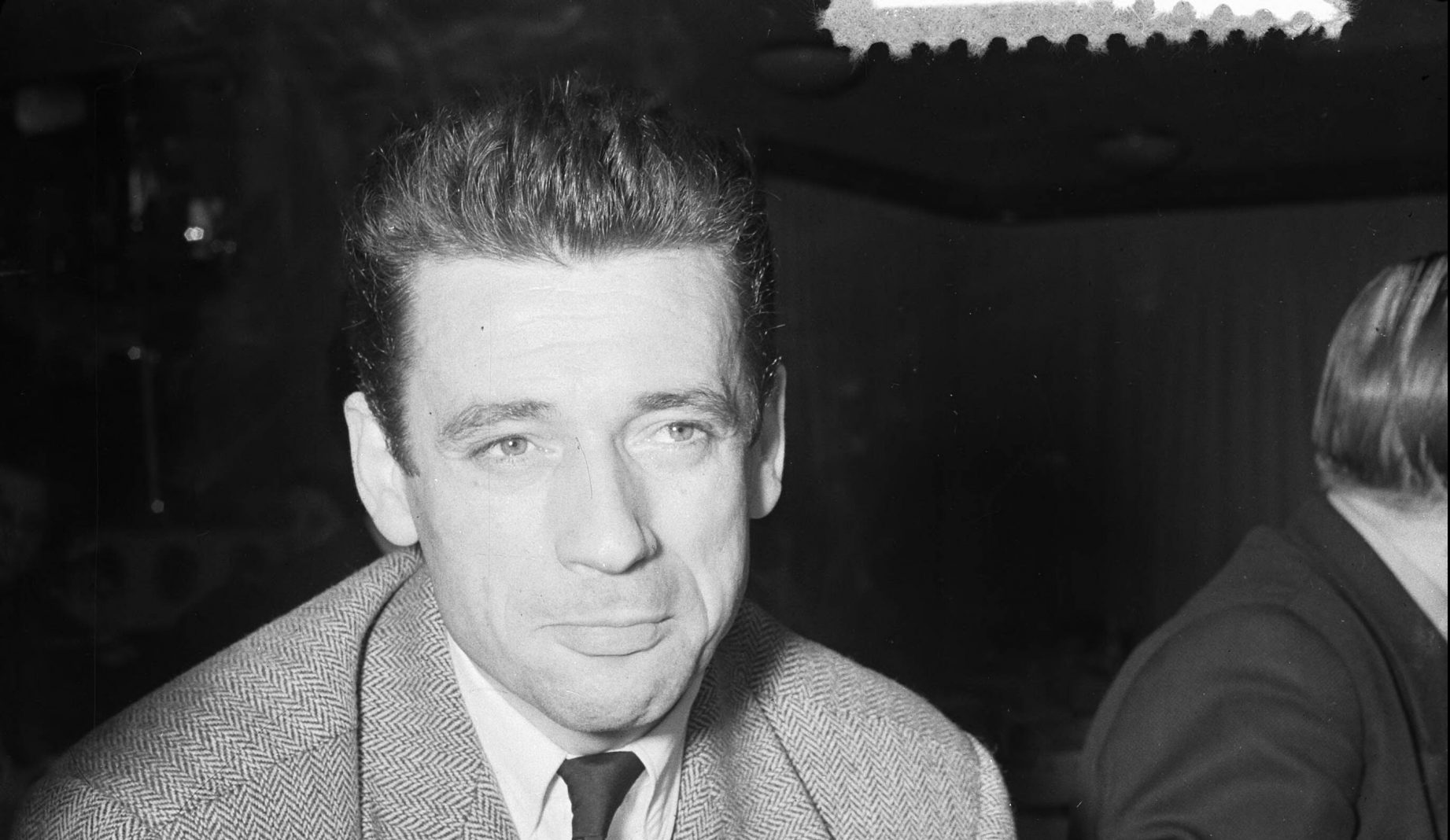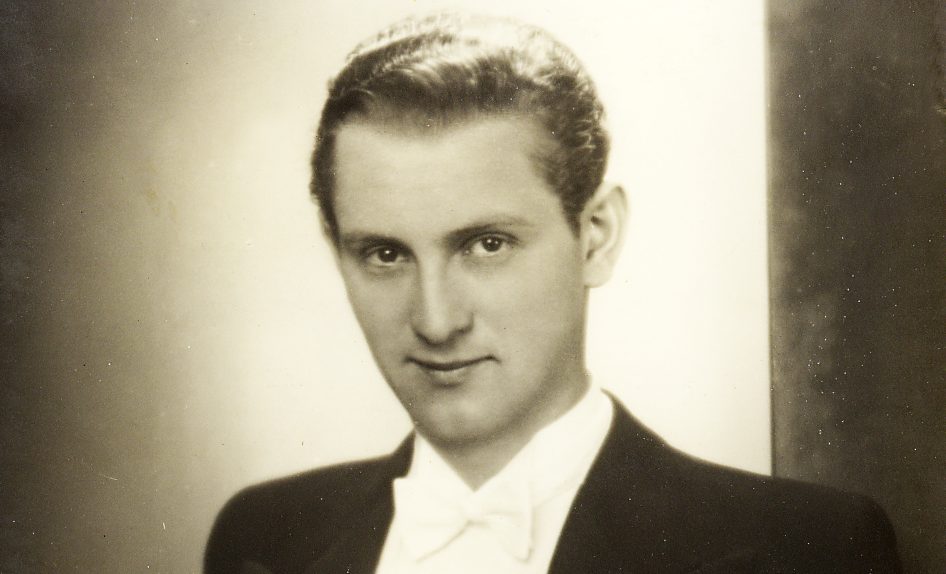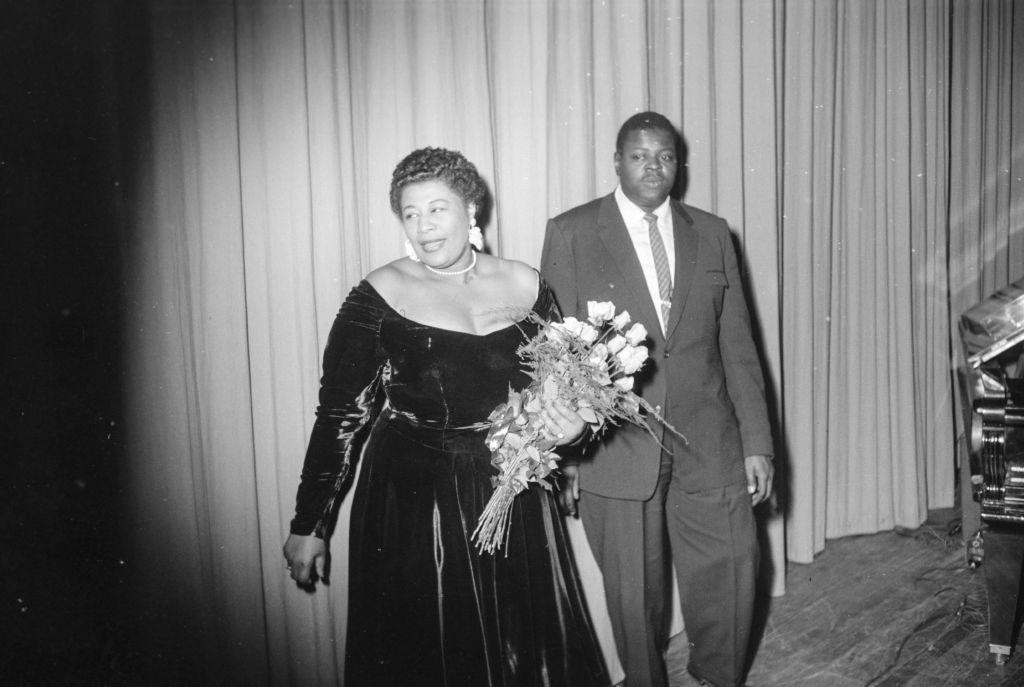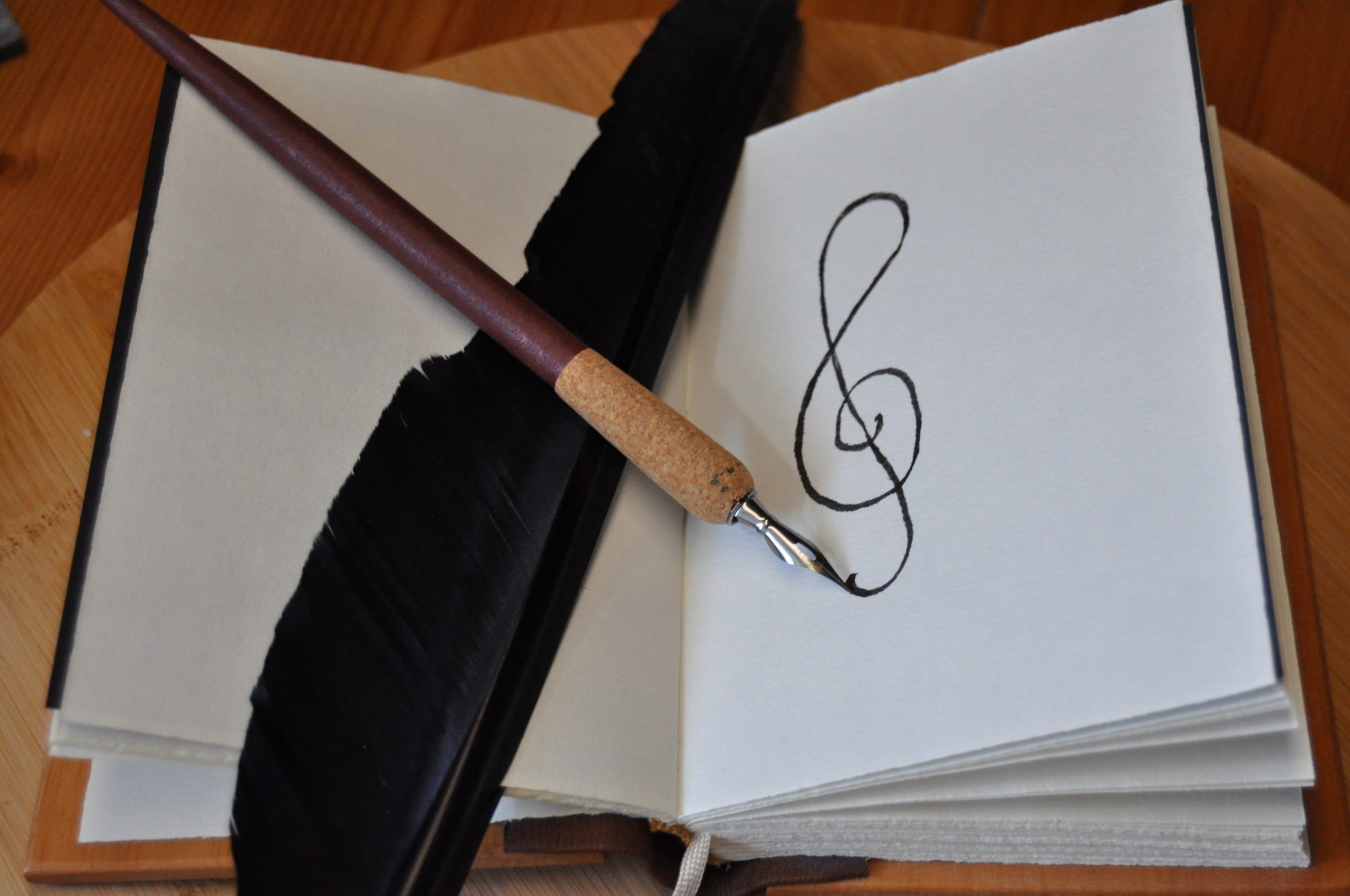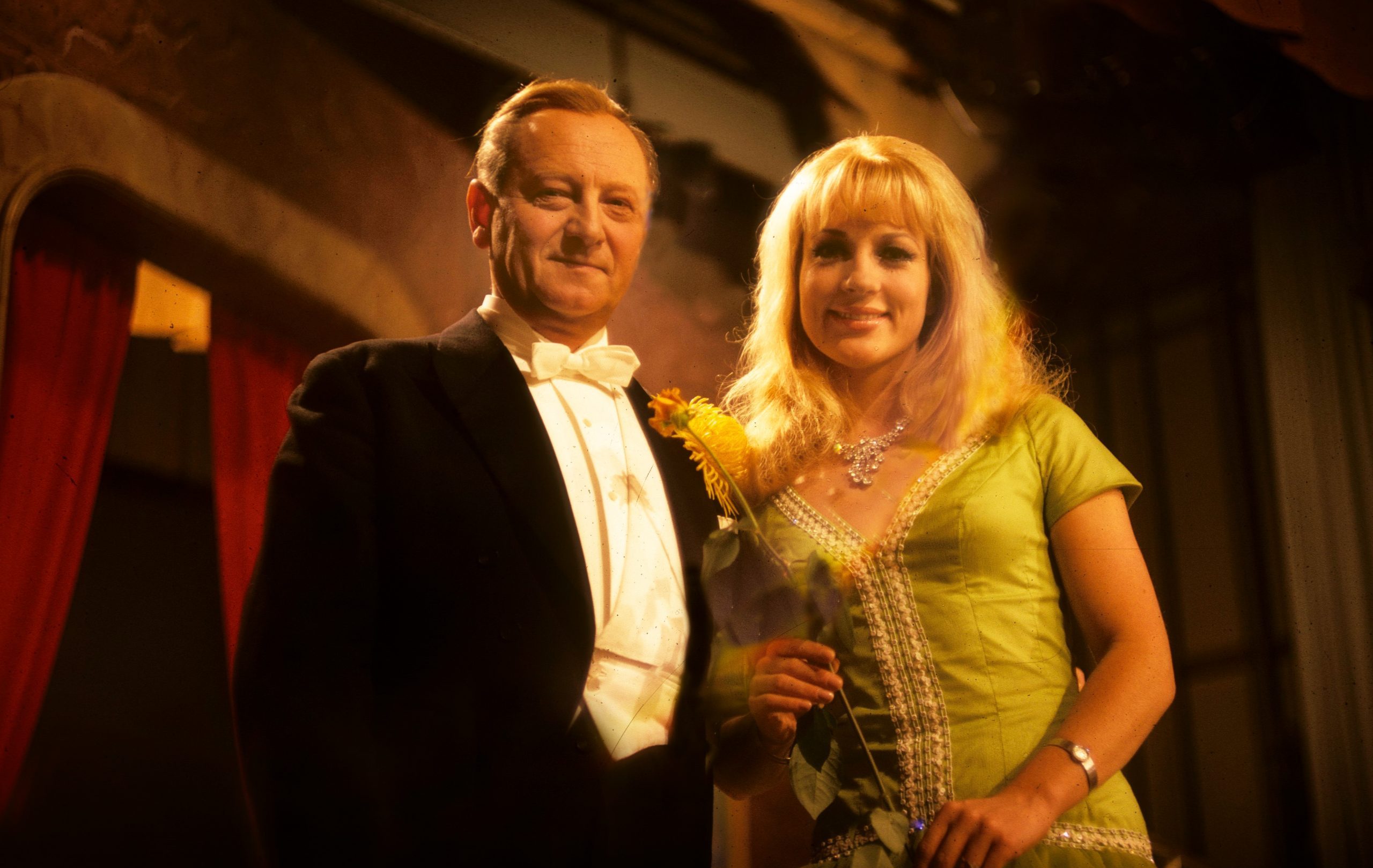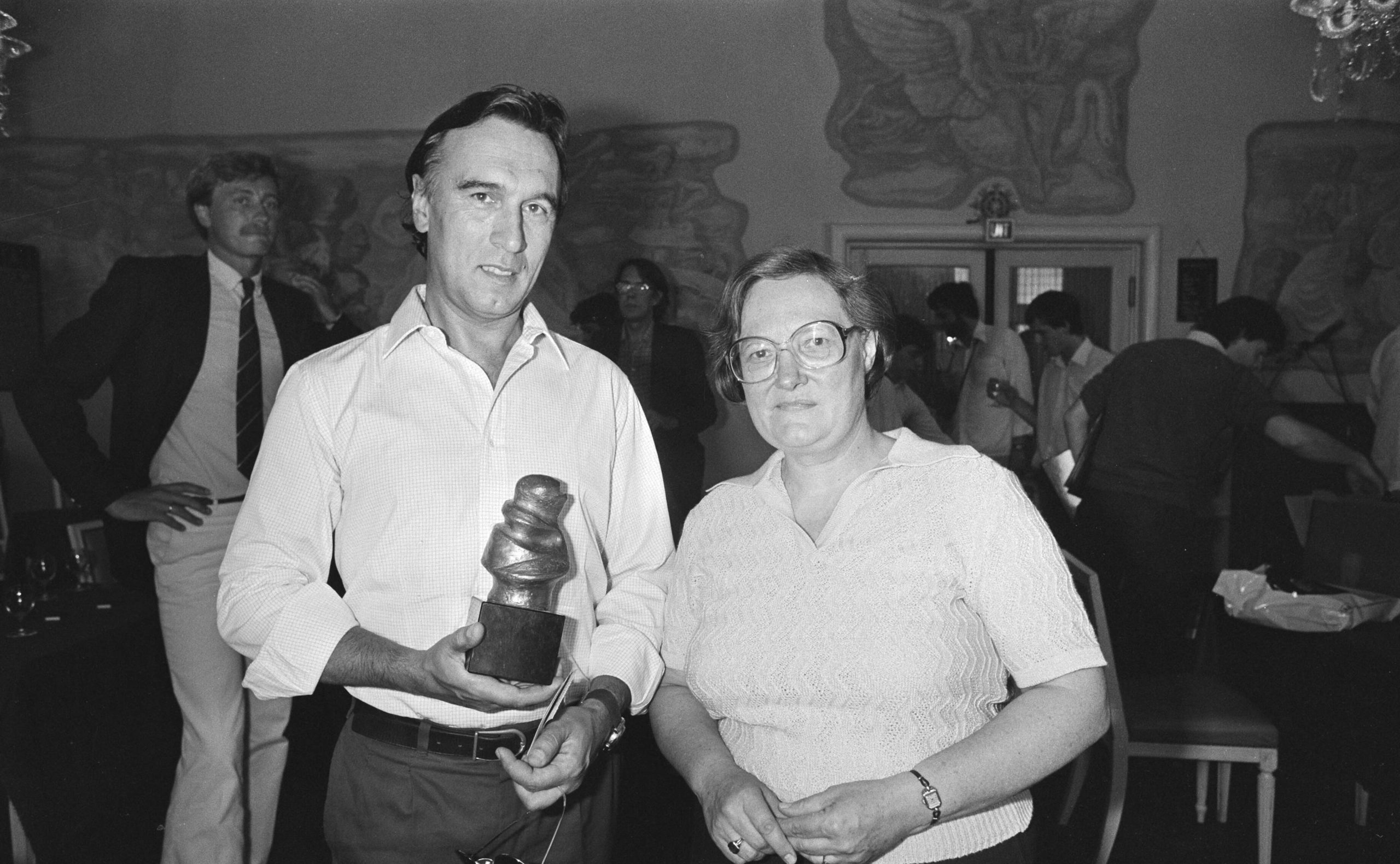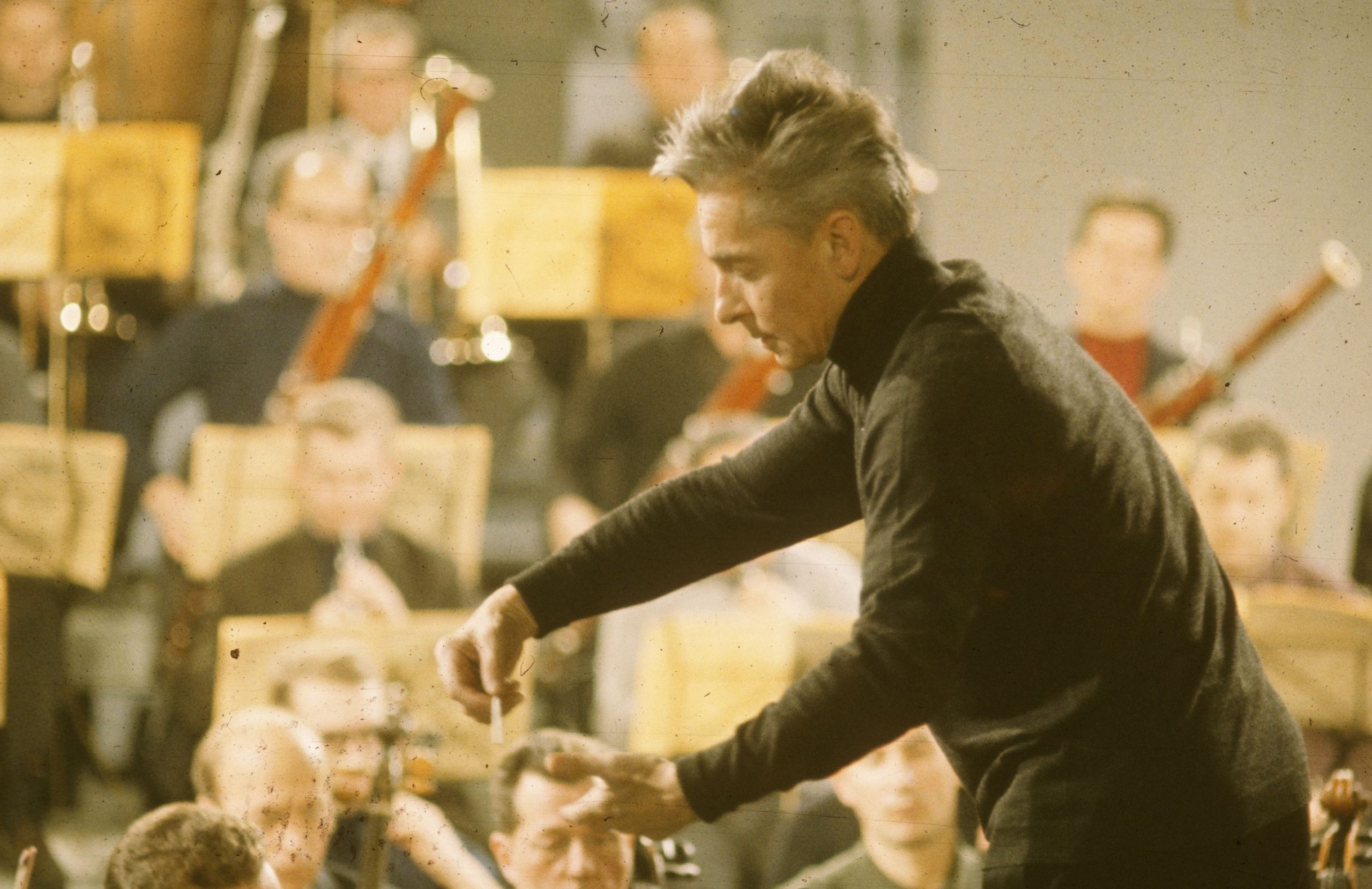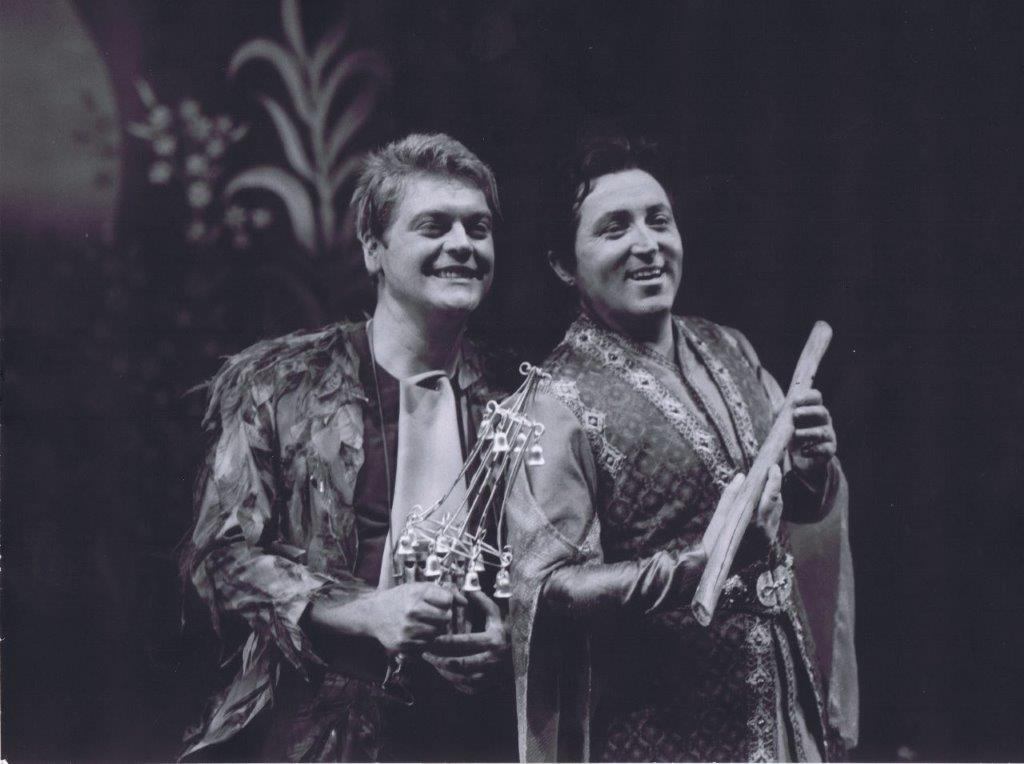The longing melody of “Lang ist’s her“ (It’s a long time ago) is the first tune on this compilation. Zarah Leander recorded the song on November 15, 1938 in the Lindstroem Studio in Berlin. This CD compilation from the series “Unforgotten Melodies — Gala of the Stars“ is entirely about Zarah Leander.
It has been a long time since Horst Kudritzki and Ralph Maria Siegel composed the chanson, and almost equally long since Zarah Leander recorded the song together with the Odeon-Künstler-Orchester conducted by Lothar Brühne.
The chanson is about a love that has seen better days – it’s a long time ago (German: “Lang ist’s her“).
The following title, that lasts almost seven minutes is a medley of “Zarah Leander world hits“: The songs “Merci, mon Ami“, “Yes, Sir!“, “Der Wind hat mir ein Lied erzählt“ (The wind has told me a song), “Kann denn Liebe Sünde sein? (Can love be a sin?)“, “Ich steh im Regen“ (I’m standing in the rain), “Ich weiss, es wird einmal ein Wunder geschehen“ (I know a miracle will happen someday) and “Er heisst Waldemar“ (His name is Waldemar) are presented in an enormously shortened form.
As a non-expert, one could be misled into thinking that this is a single work and not a medley, which speaks for a successful staging by the orchestra under Karl Loubé.
Why do men need so much love?
“Why do men need so much love?“ sings Zarah Leander questioningly during the next song. In a humorous way, the song, composed by Bruno Balz and written by Charles Trenet, deals wich male cheaters. Love affects men like opium, sings Zarah Leander provocatively – even more provocative is the song lyric “Wie die Chronik uns lehrt / Sind die Männer nichts wert“ (As the chronicle teaches us / Are men worth nothing), which is sung by the artist in a pointed way. The Great Vienna Dance Orchestra under the direction of Erwin Halletz supports Zarah Leander’s performance with relaxing music that contrasts with the provocative lyrics.
The tenth title of the song compilation, “Kinostar“ (Movie star), penned by Ralph Benatzky and Hans Weigel, tells the story of the beginnings of Zarah Leander’s artistic career: In 1936, Leander was invited to Vienna by Max Hansen to play the Hollywood star Gloria Mills in “Axel an der Himmelstür“ – in this role she sang the famous song lyrics “Ich bin ein Star, / Ein großer Star / Mit allen Launen“ (I’m a star / A big star / With all moods). That role in “Axel an der Himmelstür“ motivated the Ufa to sign Zarah Leander.
Zarah Leander herself stated in her autobiography that she abhorred the song but she admitted that there was a truth to the song.
Leander in Paris 1938 and her postwar career
In 1938 Zarah Leander was invited to Paris to make recordings of her most famous songs in French. With an orchestra conducted by Georges Derveaux, she recorded “Un desire pour toi“ (CD: track 7), “Le vent m’a dit one chanson“ (CD: track 13) and “Il pleut sans treve“ (CD: track 14), among others. Whoever listened to the songs in German for the first time will probably prefer the German versions – simply because in Leander’s films the songs are naturally sung in the German version. Nevertheless, these are rare recordings. The existence of these recordings prove that as late as 1938, cinema stars who made films in Germany could be very popular in France.
On24 November 1951 Zarah Leander came to the Austrophon Studio in Vienna to record some songs: Her post-war career had just begun to take off, everything was “wunderbar“ again after a long break from performing after the end of the war.
Very much in the ethos of this mood she now sang Cole Porter’s “Wunderbar“ (CD: track 19), which was originally written for the Cole Porter musical “Kiss me, Kate“.
The song tells the story of a night of love between two lovers, which is quite “wunderbar“ – the use of the German adjective “wunderbar“ in the English text is a leitmotif throughout the entire musical song.
On that day in November 1951, she recorded the song with Erwin Haltet’s big Viennese Dance Orchestra. From then on, “Wunderbar“ was an integral part of Zarah Leander’s live performances.
In summary, the Zarah Leander compilation from the CD series “Gala der Stars – Unforgotten Melodies“ is a CD that belongs in the collection of every Zarah Leander fan – not at least because of the French recordings, which are relatively hard to find.
The main sources of the article are the booklet accompanying the CD as well as the booklet accompanying the CD collection “Kann denn Liebe Sünde sein”, written by Paul Seiler. If you have further questions, please contact us via the contact form.
Cover picture: © Simon von Ludwig

 Deutsch
Deutsch